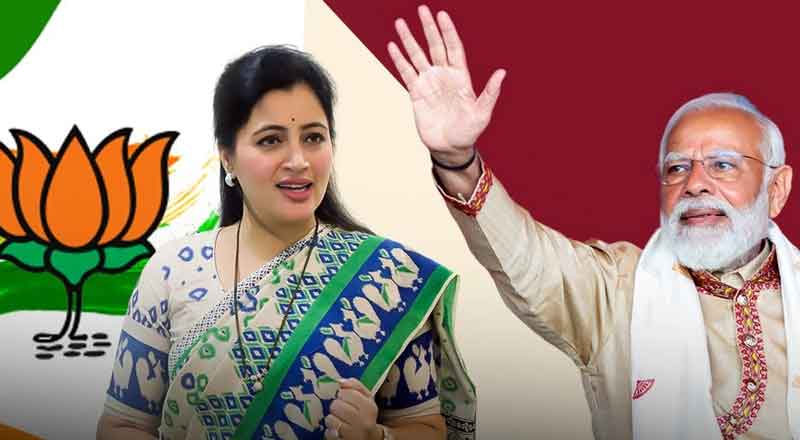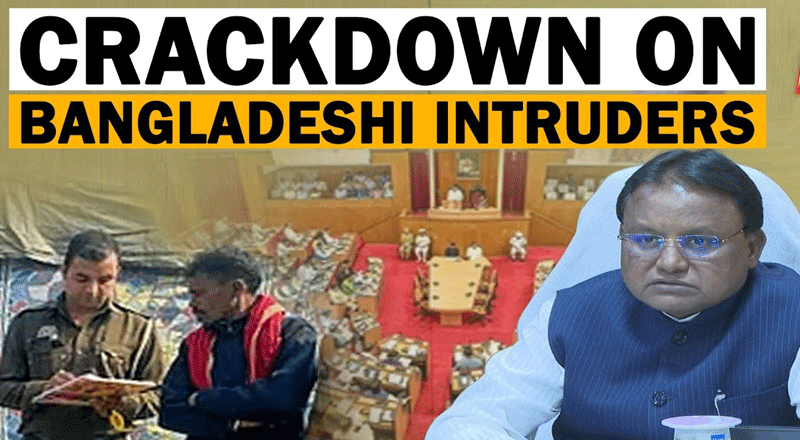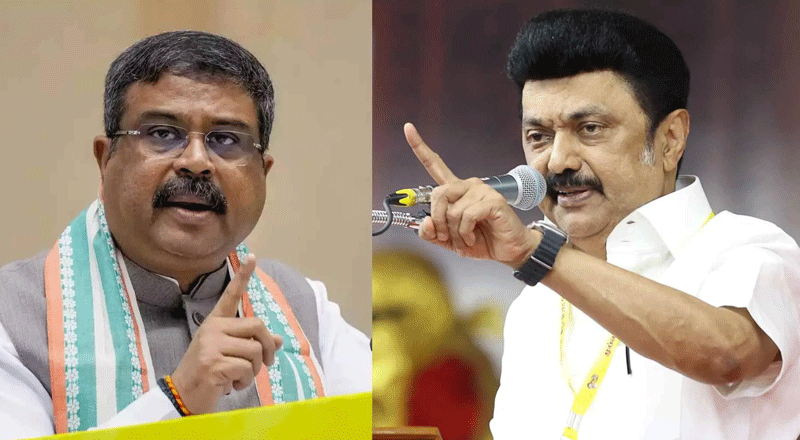- Video of Navneet Rana’s ‘no Modi wave’ speech at a rally in Amravati goes viral
- Opposition says BJP’s own candidates are speaking the truth
- Rana says her edited speech is being used to build false narrative
In a twist that sent ripples across the political spectrum, Navneet Rana, BJP’s candidate for the Lok Sabha from Amravati, delivered a speech at a local rally that challenged the widely held belief in a “Modi wave.” The video clip capturing her assertion swiftly spread across social media platforms, igniting a robust discourse on the dynamics of electoral sentiment in India.
Rana’s remarks, made amidst the fervor of a campaign rally in her constituency, struck a chord by emphasizing the importance of grassroots mobilization over relying on a presumed nationwide wave. Reflecting on her previous victory in 2019 as an independent candidate with support from the undivided NCP, Rana urged her supporters to approach the upcoming elections with a sense of urgency and localized focus.
However, it was the response from the opposition Maha Vikas Aghadi (MVA) that truly amplified the significance of Rana’s statement. Seizing upon her assertion as a vindication of their own narrative, MVA leaders swiftly endorsed Rana’s perspective, asserting that it mirrored the sentiments of voters on the ground. Sanjay Raut of the Shiv Sena boldly predicted an impending electoral sweep for the opposition alliance in Maharashtra, indicating a broader disillusionment with the BJP’s narrative of a Modi wave.
Adding fuel to the fire, representatives from the NCP and Shiv Sena pointed to Rana’s remarks as evidence of a larger trend within the BJP’s own ranks. They argued that even BJP candidates were conceding the absence of a Modi wave, signaling a shift in electoral strategy towards addressing local concerns rather than relying solely on national rhetoric. This interpretation found resonance in the BJP’s recent recruitment of leaders from other parties, which was viewed as an implicit acknowledgment of the ground reality.
In response to the mounting controversy, Rana issued a clarification, attributing the uproar to selective editing of her speech by political opponents. While reaffirming her support for Prime Minister Narendra Modi and the BJP’s agenda, Rana sought to dispel any doubts about her commitment to the party’s electoral success. With unwavering confidence, she reiterated the BJP’s ambitious target of securing over 400 seats in the upcoming elections.
The ensuing debate surrounding Rana’s remarks underscored the nuanced interplay between ground realities and political strategy in India’s electoral landscape. As the campaign season unfolded, it became increasingly clear that the traditional narratives of nationwide political waves were being challenged by localized dynamics and grassroots mobilization efforts. In this evolving landscape, the true test of electoral success lay not only in capturing the national imagination but also in resonating with the aspirations and concerns of voters at the grassroots level.
(With inputs from agencies)





